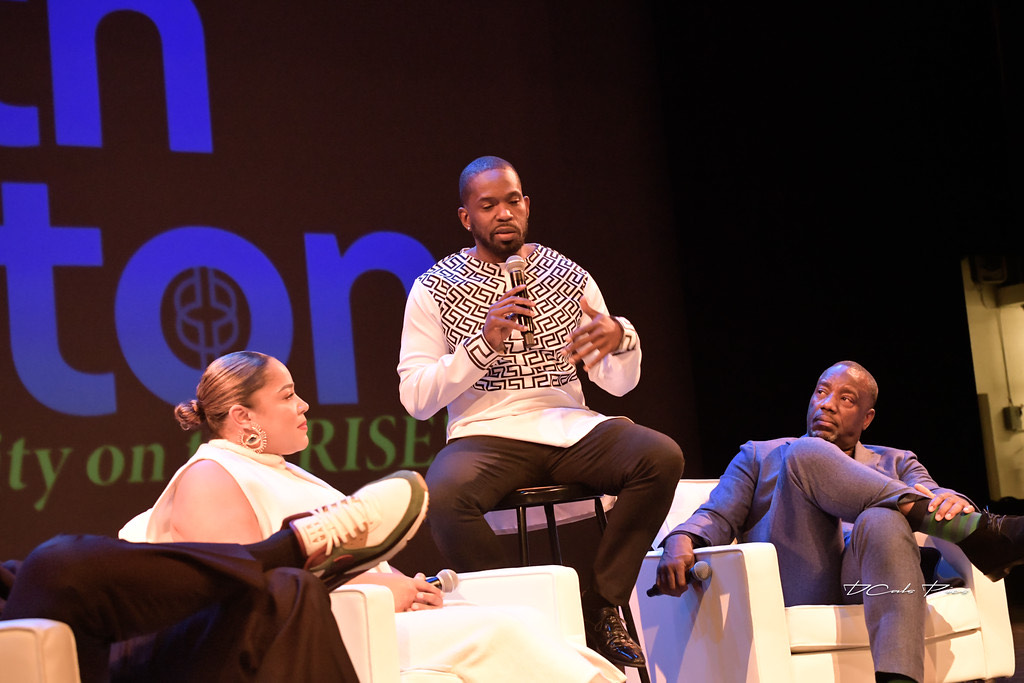“The Woman King” (2022) follows the Agojie, the all-female warriors that defended the West African Kingdom of Dahomey from the 1600s to 1904. The film has received critical acclaim and garnered commercial success at the box office, generating $19 million at the box office in its opening weekend.
The film starts with action as the Agojie rescues Dahomean captives from the Oyo Empire. King Gezo ( John Boyega) decides to prepare for a war with the Oyo Empire after these attacks against his kingdom. The film follows General Nanisca (Viola Davis) and Nawi (Thuso Mbedu), a strong-willed recruit, as they prepare for war.

Blackness on Screen
The movie directed by Gina Prince-Bythewood (Director of Love and Basketball) features a majority female black cast – including award-winning actress Viola Davis, Lashana Lynch, Sheila Atim, and Thuso Mbedu. “The Woman King” is the definition of women empowerment, strength, and bravery as the warriors protect their kingdom. Viola has been open about the intense training the cast had to endure to embody the physique and strength of the Agojie warriors, such as high-intensity exercises including weight lifting, and sprinting.

Historical Accuracy
“The Woman King” is based on The Dahomey Kingdom and the Agojie warriors, but large amounts of the film are fictional including Nanisca played by Viola Davis. One major conflict of the film is Nanisca’s resistance to the Dahojmey Kingdom’s participation in the slave trade under King Gezo’s rule. In the film, King Gezo decides to discontinue their involvement in the slave trade. However, this has been debunked historically. The war between the Dahomey Kingdom and the Oyo Empire is historically accurate. The Agojie established the Dahomey Kingdom’s freedom from the Oyo Empire by triumphing in war.
Despite some historical inaccuracies, the basics of the Agojie warriors are true. They made up one-third of the Dahomey Kingdom’s army – approximately 6,000 women warriors. They were seen as the elite and royalty, because of their fearlessness. The Agojie were respected by the citizens of the Dahomey Kingdom. As the movie showed, citizens were supposed to keep a distance and look away from the warriors. Many of the Agojie were involuntarily enrolled by their fathers or husbands, because of their behavior like the character Nawi in the film. Some women soldiers were Dahomean women who enrolled voluntarily, but it was not uncommon for foreign captives to be forced to become Agojie warriors. The Agojie weren’t allowed to marry and were technically married to the king. The film demonstrates the power and strength of the Agojie warriors, even outdoing the male soldiers.
Final Thoughts
Overall, the film exemplifies the strength, fearlessness, and bravery of the Agojie as they led the defense of the Dahomey Kingdom. “The Woman King” perfectly exhibits the cultural phenomenon that many already know – Black women’s strength is unmatched. This film further displays that Black women are the backbone of society and have always been.

Imagery Credit: Google
Follow Us On Social Media!



